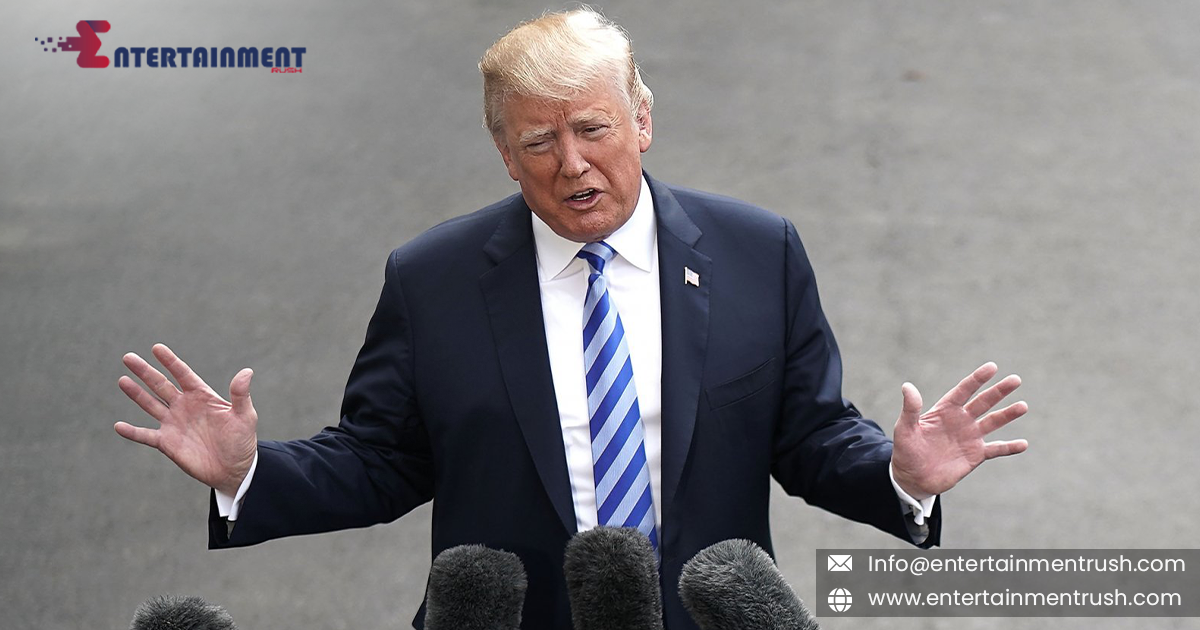During President Donald Trump’s first term, the U.S. initiated a full-scale trade war with China, aiming to boost American manufacturing, safeguard national security, and address what Trump considered an imbalanced trade relationship. Under President Joe Biden, many of these tariffs remained, along with a few additional measures, leaving U.S. consumers to shoulder the financial burden through higher prices on imported Chinese goods.
Now, as Trump sets his sights on America’s largest and third-largest trading partners—Mexico and Canada—he’s making bold promises. Upon taking office on January 20, Trump has pledged to impose a 25% across-the-board tariff on all goods imported from these neighboring countries. This would disrupt the current flow of goods that come into the U.S. tariff-free due to the US-Mexico-Canada Agreement (USMCA), leading to potential price increases across a range of consumer products.
Here’s a look at some of the goods Americans might see becoming more expensive if Trump follows through with his tariff plan:
Gasoline
Canada is a major source of crude oil for the U.S., with a record 4.3 million barrels per day imported in July, according to the U.S. Energy Information Administration. A 25% tariff on this oil would likely result in significant increases in gas prices, potentially adding anywhere from 25 to 75 cents per gallon. Regions such as the Great Lakes, Midwest, and Rockies would feel the most immediate impact. While Trump has proposed ramping up U.S. oil production, it would take years for new supply to come online, and global oil demand is slowing, meaning U.S. companies might not be eager to increase production.
Produce
Mexico is a key supplier of agricultural products to the U.S., particularly as parts of the U.S. face increasingly difficult growing conditions due to climate change. In 2022, the U.S. imported $44.1 billion worth of agricultural products from Mexico, making up about 20% of all U.S. agricultural imports. Items like avocados, which made up 90% of all U.S. avocado consumption in 2022, could see their prices skyrocket if a 25% tariff is applied. Your favorite guacamole or avocado toast could become significantly more expensive.
Cars
Mexico is a crucial supplier of vehicles and automotive parts, with $44.76 billion worth of cars imported in 2023 alone. As many car manufacturers moved production to Mexico to avoid tariffs on Chinese goods, a significant portion of U.S. auto manufacturing now relies on Mexican-made parts. A 25% tariff would disrupt this supply chain, likely leading to higher car prices. Car parts, which are the second-largest import from Mexico, would also see price increases. The news caused U.S. automaker stocks to fall, with General Motors taking a significant hit.
Alcohol
Mexico is the primary source of beer for the U.S., accounting for over 80% of beer imports in 2024. Additionally, tequila and other spirits from Mexico and Canada have seen growing imports in recent years. In 2023, the U.S. imported $4.6 billion worth of tequila and over half a billion dollars worth of Canadian spirits. Imposing tariffs on these popular drinks would likely result in higher prices for U.S. consumers, potentially hurting businesses in the hospitality industry, which is still recovering from the pandemic.
Bottom Line: The Financial Impact
With the U.S. now increasingly dependent on imports from Mexico and Canada—Mexico even surpassed China last year as the top U.S. trade partner—the proposed tariffs could have far-reaching consequences. As businesses face higher costs due to the new tariffs, they will likely pass those costs onto consumers, further inflating prices on everyday goods. This round of tariffs would be virtually unavoidable for American shoppers, as the supply chain from these two countries is deeply integrated into the U.S. economy.
If Trump moves forward with his tariff plan, it could cause financial strain on U.S. consumers across a wide range of industries, from automotive to food and drink. With global trade and supply chains already feeling the effects of geopolitical tensions, this new trade battle could have serious consequences for U.S. wallets.
